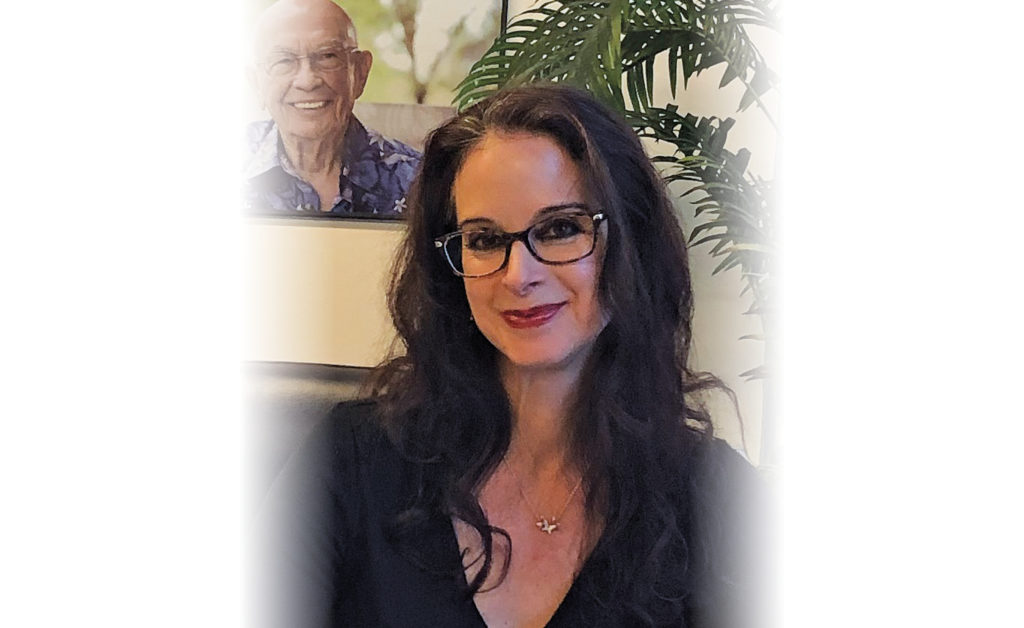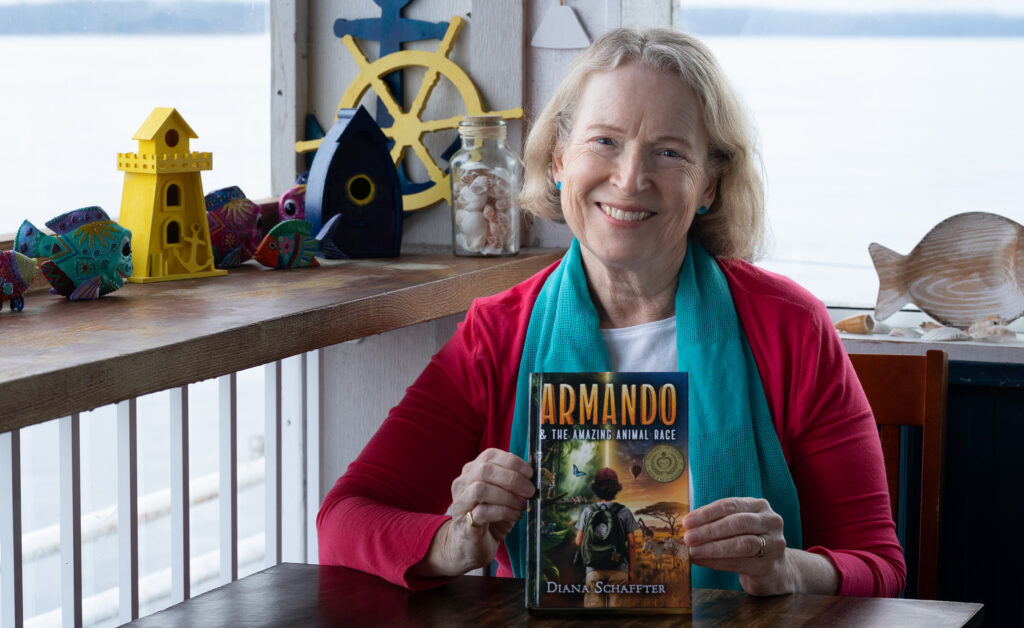by Sherrin Griffin VP, Operations, Sidney SeniorCare –
There’s a momentous point in time in many of our lives where we have to make an agonizing decision: can we manage our parents’ aging process within our own family … or not. With demanding jobs and perhaps children that still need us, we may feel that we don’t have the extra time, energy or the emotional fortitude to care properly for an elderly parent. (Speaking from personal experience, watching a parent decline physically and mentally is absolutely gut wrenching and not for the faint of heart.) Or, we may not have the appropriate home environment (single level if they are mobility challenged and other family members in the home who can share the care load) and/or the necessary equipment/mobility aids or financial resources. We may have health issues ourselves. And, if our parents have complex or multiple health conditions, we may not be capable of providing the level of care they need.
So, at a time when they most need us and are most vulnerable, we feel we have no other option but to take our parent(s) out of their familiar surroundings, their comfort zone, and deliver them to a care facility into the hands of strangers, hoping they won’t get lost in the shuffle. We try to visit them regularly, but often life intervenes and we try not to feel guilty.
There is no judgement here; I know all too well, from both a professional and personal perspective, how busy and challenging our lives can be and how caring for an elderly loved one can be an all-consuming full-time job, potentially leading to caregiver burnout. It seems that the “normal” route for adult children, at least in North America and other westernized countries, is to ultimately place their declining parent(s) in the care of others. Of course, our Western lifestyles and single-family-home living situations are not really conducive for caring for elderly family members. Unfortunately, ageism is still a huge issue in Western societies. The aging process is still often regarded as a shameful, unpleasant experience, and so it has become quite commonplace and acceptable for the elderly to be removed from the community and relegated to hospitals and nursing homes.
It is curious, therefore, how other cultures around the world celebrate the aging process, revere their elderly and make them a valued part of their home life and community. Mind you, the lifestyles of Eastern cultures are very different than our Western way. Many Asian and Indian families live together in multi-generational homes, with the elders acting as head of the household, sharing resources, household duties and responsibilities including caring for elderly family members.
In Japan, China, Korea and Vietnam, families are heavily influenced by the Confucian principle of filial piety, a fundamental value dictating that one must respect one’s parents, with a duty to care for the aging members of the family. The same holds true in India, where disrespecting the family elders or sending them to an old-age home would bring shame upon the family.
However, with westernization creeping into Eastern cultures, along with China’s one-child policy and the increase in average life expectancy, Asian families are finding it more challenging to take care of their older family members. As in Western societies, Eastern cultures are also experiencing the need for more complex health care and specialized medical attention for their elderly.
With no perfect solution in sight, all we can do is ensure our elderly parents are safe, comfortable, have direct access to the medical attention and supports they need, and that they feel loved and honoured by their families.




